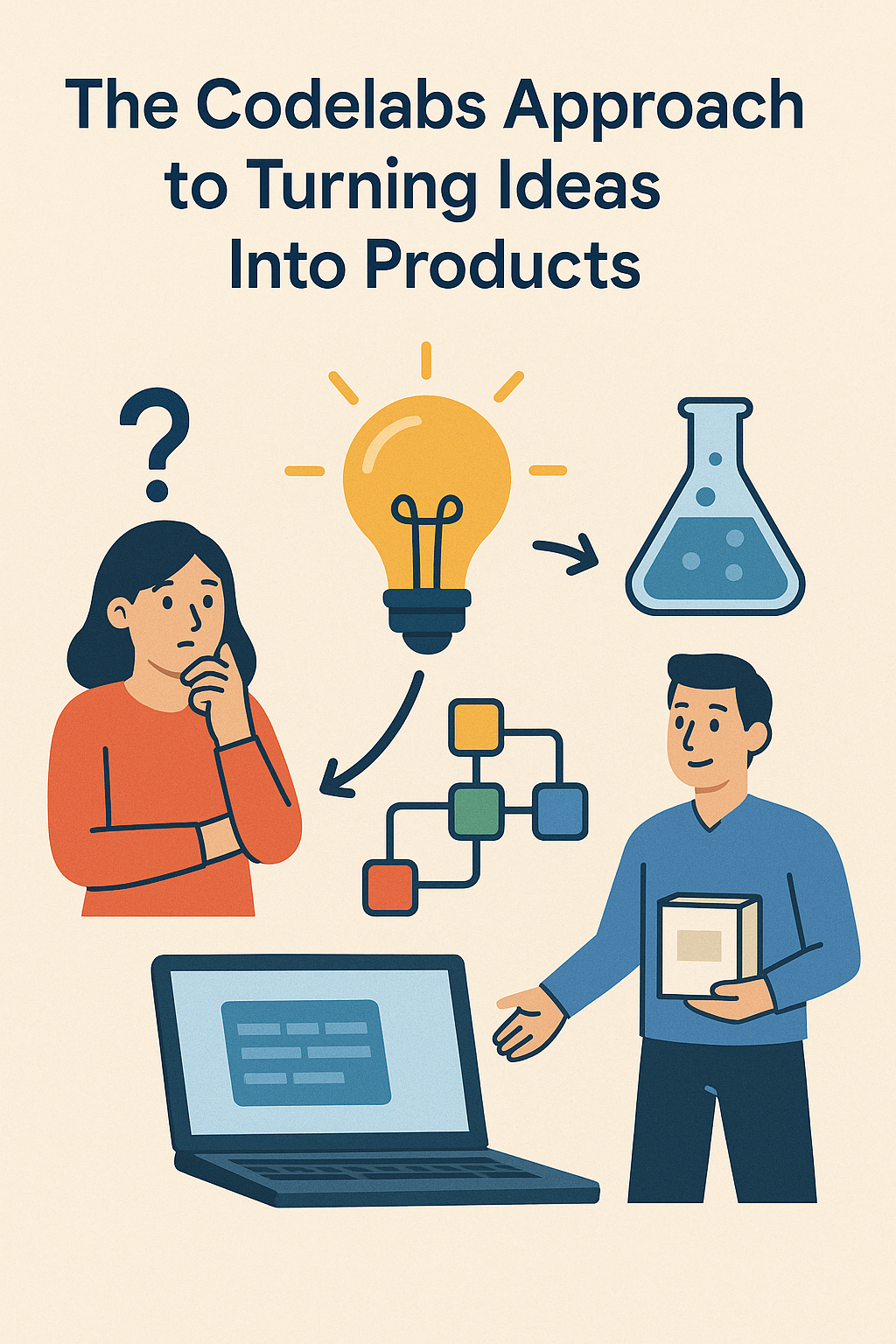Introduction: Why Reflecting on Startup Builds Matters
Every startup build is a story. Some end in growth, others pivot, and a few never launch. After partnering on more than 50 startup projects, we’ve seen what works, what doesn’t, and what really matters—no fluff, just field-tested truth.
Whether you’re a first-time founder or a product leader scaling your next big thing, these lessons will help you build smarter, validate faster, and avoid costly mistakes.
Lesson #1: Startups Don’t Fail From Lack of Code—They Fail From Lack of Clarity
The Danger of Building Too Early
We’ve seen it happen often: an idea is rushed into development without clear goals. No audience, no validated problem—just a feature wishlist.
Aligning on the Problem, Not the Feature Set
When founders articulate the problem clearly, teams make better decisions. A good developer builds features. A great team builds solutions.
Lesson #2: Speed Is an Advantage—If You Stay Focused
Velocity ≠ Chaos
Speed can be your superpower, or your undoing. Fast teams without focus build confusing products. But focused velocity = progress.
Clear Scope = Better Product and Happier Founders
Projects that start with scoped goals and tight MVP definitions launch sooner and see faster feedback loops. Clarity breeds momentum.
Lesson #3: The Best MVPs Are the Ones That Launch
Done Beats Perfect
Shipping a version 1.0—even with flaws—is more valuable than spending 6 months polishing version 0.9.
Founders Who Ship Early Learn Faster
MVPs are experiments. The sooner you launch, the sooner you validate or pivot.
Lesson #4: Founders Must Stay Involved—But Not in the Weeds
Setting the Vision, Not Pixel-Pushing
Your job is to own the “why” and the “who”—not tweak button colors. The most successful founders stay close to the mission, not the margin.
Weekly Check-ins Drive Momentum
When founders show up weekly, teams feel aligned and focused. Deadlines are met. Decisions are faster.
Lesson #5: Not All Users Are Equal (And That’s Okay)
Focus on Early Adopters, Not Everyone
Trying to please “everyone” waters down your product. MVPs should solve one clear use case, for one defined user type.
Avoid Building for Edge Cases Too Soon
If only one user wants that feature, wait. Edge-case development wastes time and stalls growth.
Lesson #6: Design Drives First Impressions—and Trust
Clear UI Communicates Clarity of Thought
A confusing interface signals a confusing product. Clean, focused design builds trust and guides users to value.
MVPs Don’t Need to Be Ugly
You don’t need animations and gradients—but your MVP should still look thoughtful and intentional.
Lesson #7: Product-Market Fit Requires Continuous Listening
Feedback > Features
The best roadmap comes from user feedback, not team debates. Listening beats guessing.
The Best Founders Treat Support Tickets as Gold
Every complaint, question, or bug is a roadmap item. Support isn’t a cost center—it’s your product lab.
Lesson #8: Good Tech Choices Reduce Future Pain
Laravel, Vue, and Tailwind Scaled Most Smoothly
Across 50+ projects, these stacks allowed us to move fast without hitting roadblocks later.
Avoid Premature Optimization or Over-Engineering
You don’t need microservices or Kubernetes on day one. Focus on shipping—not scaling something no one uses yet.
Lesson #9: Communication > Documentation
Real-Time Feedback Loops Beat Long Specs
Projects thrive when teams talk. We use Looms, Slack huddles, and short videos to share updates—faster and clearer than 10-page specs.
Collaboration Tools That Worked Best
- Slack for async check-ins
- Notion for shared docs and roadmaps
- Figma for design and prototype clarity
- Loom for async demos and updates
Lesson #10: The Team You Build With Matters
Small, Cross-Functional Teams Win Every Time
The most successful builds had small pods: a product thinker, a dev, a designer. Fewer handoffs. More speed.
Culture Fit > Resume Fit
We’ve seen top-tier devs struggle and junior devs excel. What matters is mindset, ownership, and communication—not just code skill.
Bonus Insight: How Codelabs Structures Projects for Success
Weekly Sprints, Live Demos, Clear Roadmaps
Every week, our clients know:
- What shipped
- What’s blocked
- What’s next
No surprises. Just clarity.
Co-building With Founders, Not for Them
We treat clients as product co-pilots, not just customers. When we build with founders, the results speak for themselves.
Conclusion: Building Startups Is a Journey of Learning
After 50+ projects, here’s what we know for sure:
- Startups don’t fail because of tech—they fail because of poor assumptions.
- The best founders are clear, fast, and user-obsessed.
- The best products are iterated into existence, not fully planned upfront.
At Codelabs, we don’t just ship code—we help founders move fast, stay focused, and launch with confidence.

